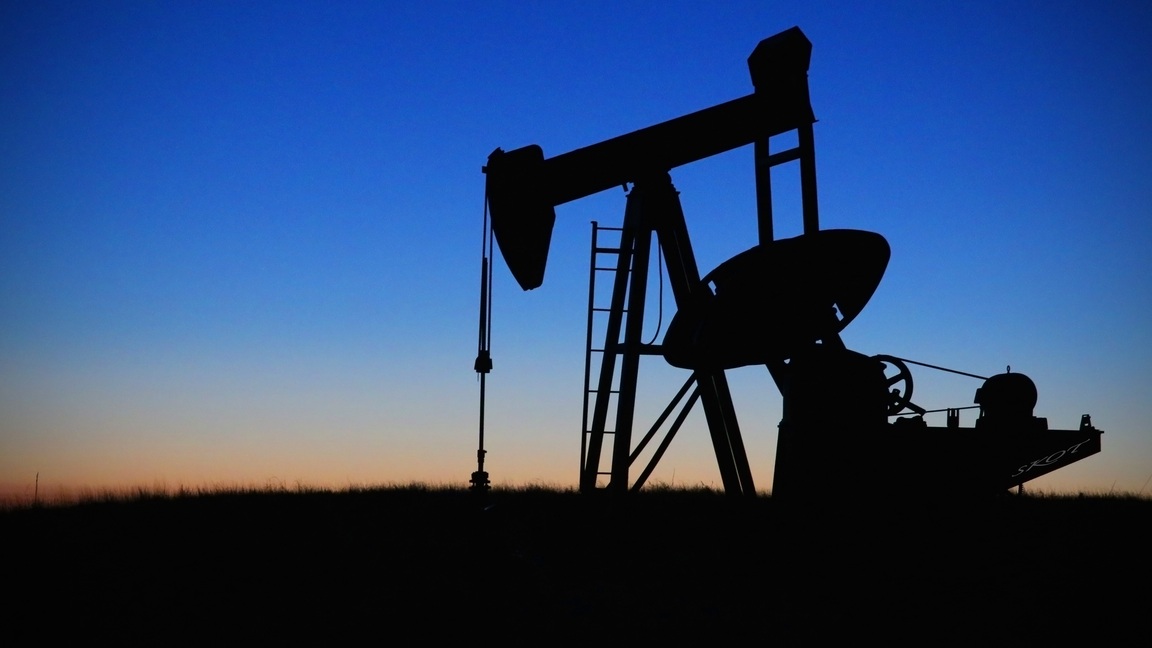top of page

Share
Jiwon Moon
2022/11/27
1
Russia brought chaos to European countries
In August 2022, Russia announced a reduction in natural gas supply through the undersea gas pipe "Nord Stream 1" leading to Germany. Europe's high dependence on Russian natural gas has begun to be used as a weapon of retaliation against sanctions imposed on Russia.
Since the outbreak of the war between Russia and Ukraine, natural gas retaliation has been foreseen to some extent. Russia has a contract with Europe and delivers a fixed amount of gas through the gas pipe for decades. So, Russia has no power to stop or reduce natural gas under normal conditions. However, the war gave Russia the power of force majeure.
Force majeure refers to unforeseeable circumstances that prevent someone from fulfilling the contract. In other words, this law gives one side a carte blanche to change or violate the consensus. Thus, the declaration of force majeure made it possible for Russia to hold substantial authority over the supply of natural gas without European consent.
After natural gas started to be cut off, European countries immediately established an anti- Russian alliance through a meeting of energy ministers. They announced policies to reduce 15% of gas consumption by the end of March next year. However, as Russia's natural gas suspension prolonged, divisions began to emerge among the united European countries.
In the process of increasing natural gas reserves, relatively weaker countries began to suffer more from energy inflation, questioning Europe's energy crisis response policy. The price of natural gas in Europe skyrocketed by more than 600%, and electricity prices, which is relatively related to natural gas, increased more than ten times. Despite equally imposing economic regulations, the sharp fluctuations in energy prices have caused weaker countries to lose more damages. Furthermore, the major powers' passive attitude toward these problems has amplified their dissatisfaction.
Not only internal inequality but also external inequality in the process of allocating natural gas imported from other countries are also accelerating European division. Russia's natural gas accounts for half of the total energy consumption in Europe. It indirectly suggests that although European leaders have agreed to reduce energy consumption, the import of natural gas from other countries is inevitable. Thus, the European Union (EU) decided in July to fill the shortage of natural gas by expanding Azerbaijan's gas imports by 150% and increasing LNG fuel imports.
However, the problems arose again. Despite the distribution considering the population and energy consumption of each European country, it is no different from a country with more power taking more energy. In particular, from the perspective of weak Allied countries, they do not believe fair distribution because the EU revolves around powerful countries. After all, the reality of having to find substitute energy resources peremptorily, not cooperating with the rest of European countries, is disrupting Europe and the world.
The cuts in natural gas supplies from Russia did not stop at simply causing an energy crisis in Europe. The hidden inner shadow of the European Union, which arose during the responding and allocating, has caused cracks in the plate of Europe. Therefore, Russia's reduction in natural gas supply is likely to cause an energy war.
The conflict between America and OPEC
On the 5th of last month, the Organization of Petroleum Exporting Countries (OPEC) and its ten partner countries agreed to cut crude oil production by 2 million barrels per day. That is about 2% of the world's daily oil spending. The reason for announcing the oil reduction is that OPEC wants to block the fall of oil prices. However, the United States expressed strong complaints about the decision. They believed that Saudi Arabia, the leader of OPEC, and Russia were joining hands to face Western countries.
Recently, the United States and European Union announced sanctions on oil exports targeting Russia. The move is aimed at making Russian oil exports difficult, preventing Russia from spending the money it earned from selling oil, and eventually hurting the Russian economy. However, if the oil prices rise due to OPEC's decision, the effectiveness of sanctions could be invalid because even if Russia sells less oil, it can make the same profit.
From the perspective of a political point of view, the recent decision of OPEC and Saudi Arabia is surprising and unexpected because the U.S and Saudi Arabia have been in a strong relationship. The United States wants to intervene in the Middle East by dominating the global oil supply chain with Saudi. On the other hand, Saudi Arabia wants to protect its nation from Iran by purchasing U.S weapons to overcome its military inferiority.
To prolong the relationship, President Biden visited Saudi Arabia in July. Despite the summit, Salman of Saudi Arabia kept their stance to cut crude oil production. Since the Biden administration was inaugurated, there is no reason to listen to their demands considering its trade gains and losses. In addition, Saudi Arabia felt that the U.S stopped intervening in the civil war in Yemen, and restoring the nuclear agreement in Yemen are the opposite movement against its nation.
When the U.S and Saudi Arabia's relationship ends, the two countries will try to find alternative markets. In particular, the United States will cause an energy war by competing with Europe and Asia to find other countries to import oil. Therefore, OPEC's decision is pushing the world into chaos, along with Russia's cut in natural gas supplies.
Economics

Trending on Robinson Review
Contact Us
Robinson Review Favorites
Songi Chai, Yubin Cho, Seohyun Jang..

Economics
Jiwon Moon
The Rising of the Energy War-Natural gas from Russia & Crude Oil from OPEC
bottom of page





